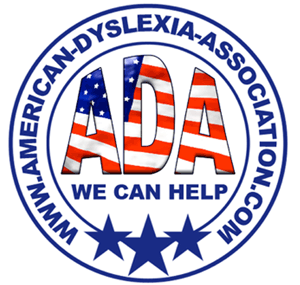The Gift of Being a Dyslexic Teacher

Dyslexia creates suffering for many students, but you rarely hear of teachers admitting to having it. Are teachers really still required, in the 21st century, to be models of perfect, marble-made fonts of knowledge and effectiveness? I have tutored a small number of dyslexic trainee teachers, but that was an exception to the norm. By sheer statistics alone, I must have worked with (and perhaps am presently working with) colleagues who are struggling in secret. It’s time to talk about dyslexia.
6 Facts About Dyslexia
So what’s dyslexia? Here is a quick definition:
- Dyslexia is a “spectrum disorder,” meaning that there is a range or spectrum of symptoms.
- People with dyslexia commonly have difficulty with all or some of:
- Phonological awareness
- Verbal memory
- Rapid serial naming
- Verbal processing speed.
- Dyslexia has no link to intelligence, though many people feel “stupid” and ashamed at school because they struggle with literacy skills — the cornerstone of how we measure ability.
- Dyslexia is one of the most common learning difficulties. It is estimated that one out of ten people in the UK have dyslexia.
- While language has a role in prevalence, dyslexia affects people all of ethnicities.
- Commonality in families has led scientists to identify six genes that may cause dyslexia. (My brother has severe dyslexia, and my father has all the symptoms, though when he was at school, those symptoms were put down to laziness or stupidity.)
One of the happiest days of my life was being diagnosed with mild auditory dyslexia. I was 20 years old and had started college study after a few gap years. The first essay I had written was returned splattered with red ink and harsh comments about mistakes — the familiar feeling of shame and frustration. Luckily, a leaflet about dyslexia in the university library directed me to an educational psychologist and an assessment process that resulted in the diagnosis I had suspected for years. It was a huge relief to know what was wrong with me.
With my auditory dyslexia, I can hear what is said, but I instantly feel the information flittering away in my mind. It is like having leaking holes in my brain. At primary school, I could pass a spelling test but made frequent mistakes in my extended writing. My school reports featured the same comment: “Matthew enjoys writing, but he rushes and makes many mistakes.”
I have always struggled with my listening skills. I am easily distracted and often drift into an imaginary world. Though an advanced private reader, I hated reading texts aloud in high school. The words blurred on the page, and I felt intense anxiety at the thought of being laughed at. My comprehension of the text was low, so I had to work doubly hard at home to catch up. The worst moment was when my beloved English teacher declared me “stupid” in front of the whole class for repeatedly misspelling “Anthony” in an essay about a Shakespeare play.
Continue reading article here: https://www.edutopia.org/blog/gift-of-being-dyslexic-teacher-matthew-friday
Category: Dyslexia







